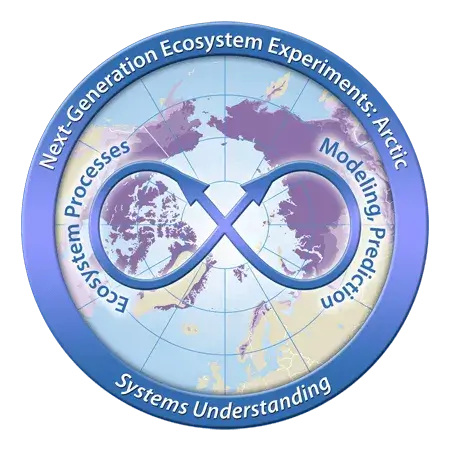Conroy, Nathan Alec, et al. “Chemostatic concentration–discharge Behaviour Observed in a Headwater Catchment Underlain With Discontinuous Permafrost”. Hydrological Processes, vol. 36, no. 5, 2022, https://doi.org/10.1002/hyp.v36.510.1002/hyp.14591.
Stan Wullschleger
First name
Stan
Last name
Wullschleger
Identity Disambiguation
Affiliation(s)
Open Researcher and Contributor ID (ORCID)
Web of Science
Project Leadership Role(s)
- Management
- Special Project Advisor
Project Leadership Title(s)
- Special Project Advisor
2022
2021
- Roy_Chowdhury, Taniya, et al. “Temporal, Spatial, and Temperature Controls on Organic Carbon Mineralization and Methanogenesis in Arctic High-Centered Polygon SoilsData_Sheet_1.Docx”. Frontiers in Microbiology, vol. 11, 2021, https://doi.org/10.3389/fmicb.2020.61651810.3389/fmicb.2020.616518.s001.
2020
2019
2018
- Zheng, Jianqiu, et al. “Impacts of Temperature and Soil Characteristics on Methane Production and Oxidation in Arctic Polygonal Tundra”. Biogeosciences Discussions, 2018, pp. 1-27, https://doi.org/10.5194/bg-2017-56610.5194/bg-2017-566-supplement10.5194/bg-2017-566-RC110.5194/bg-2017-566-RC210.5194/bg-2017-566-AC110.5194/bg-2017-566-AC2.
2017
2016
2015
- Throckmorton, Heather M., et al. “Pathways and Transformations of Dissolved Methane and Dissolved Inorganic Carbon in Arctic Tundra Watersheds: Evidence from Analysis of Stable Isotopes”. Global Biogeochemical Cycles, vol. 29, no. 11, 2015, pp. 1893-10, https://doi.org/10.1002/2014GB005044.
- Weston, David J., et al. “Sphagnum Physiology in the Context of Changing Climate: Emergent Influences of Genomics, Modelling and Host-Microbiome Interactions on Understanding Ecosystem Function”. Plant, Cell & Environment, vol. 38, no. 9, 2015, pp. 1737-51, https://doi.org/10.1111/pce.12458.


